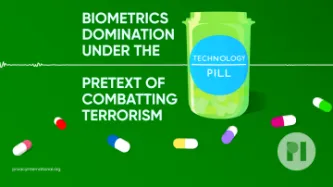Search
Content type: Examples
Content type: Examples
Content type: Examples
Content type: Examples
Content type: Examples
Content type: Examples
Content type: Examples
Content type: Examples
Content type: Examples
Content type: Examples
Content type: Advocacy




